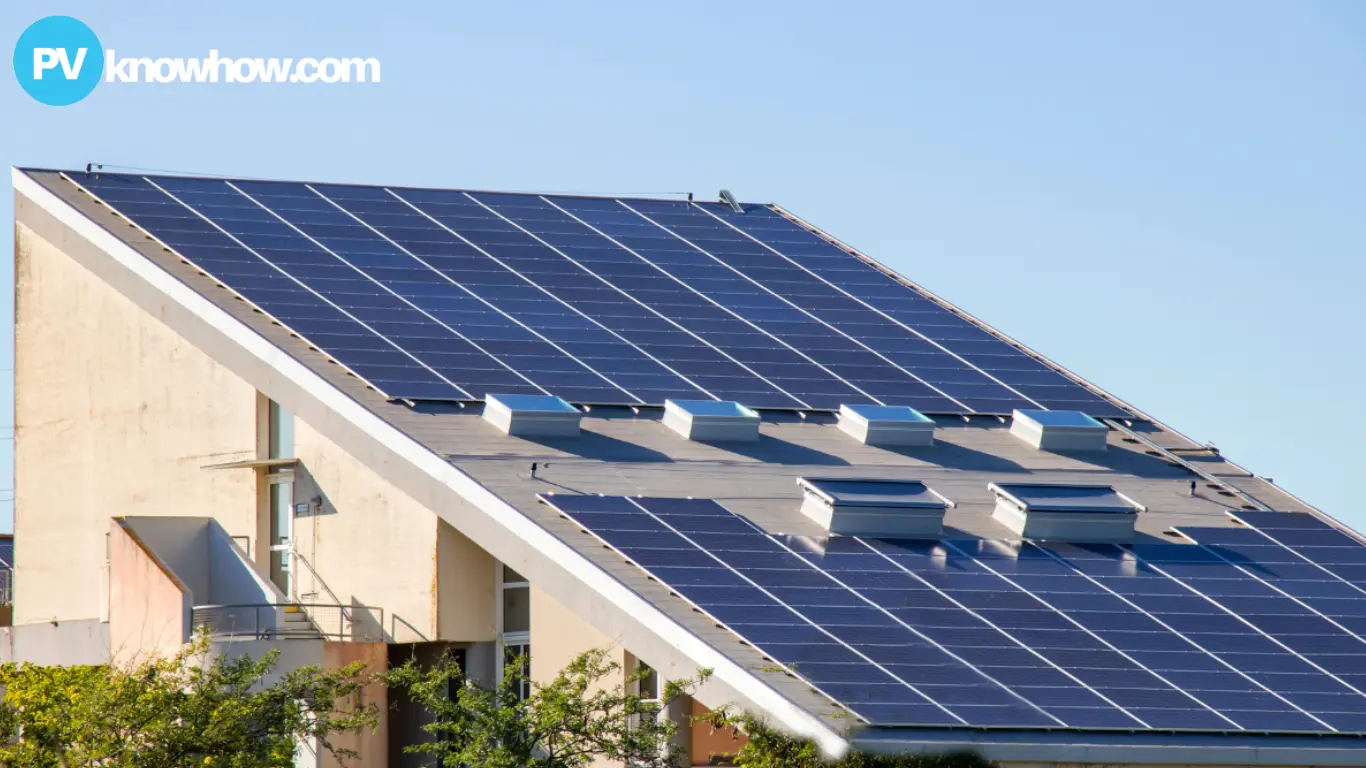President Emmerson Mnangagwa has launched the Presidential Solar Scheme to address climate change; support sustainable agriculture; and provide affordable electricity. The pilot project has connected 80 of 400 households, with energy from solar panels feeding into the grid and aiding agricultural development.
Presidential Solar Scheme: A Bright Future for Agriculture and Energy
In a move set to transform Zimbabwe's energy landscape and agricultural practices, President Emmerson Mnangagwa recently launched the Presidential Solar Energy Scheme. This ambitious project aims to tackle climate change; support sustainable agriculture; and provide affordable electricity to Zimbabwean households.
The scheme is rolling out initially in Glen View, Harare. So far, 80 out of 400 households have been connected to the pilot project. The initiative involves installing solar panels on the rooftops of homes. The energy generated from these panels is then fed into the national grid. This solar power will also be used to support irrigation and agricultural development across the country.

Zimbabwe’s Presidential Solar Energy Scheme: Rooftop solar panels in Glen View provide affordable electricity and support agriculture.
The Zimbabwe Solar Energy Company (ZISEC) - a subsidiary of the Prevail Group International (PGI) - is leading the implementation of the scheme. ZISEC is also responsible for the successful Presidential Borehole Scheme. Under the solar project, ZESA -the national electricity provider- has agreed to suspend load-shedding in participating areas. Homeowners involved in the scheme will also receive a token of appreciation for their contribution.
Addressing the Challenges of Climate Change
Solar energy, a key component of the scheme, offers numerous benefits. As a renewable resource, it helps reduce greenhouse gas emissions and reliance on fossil fuels. This shift is crucial in mitigating the adverse effects of climate change. President Mnangagwa has emphasised that adopting solar power aligns with the Southern African Development Community (SADC) protocols on climate change and sustainable agriculture.
In addition to the solar initiative, President Mnangagwa has introduced two energy policies: the National Renewable Energy Policy and the Biofuels Policy. These policies aim to enhance energy security; support socio-economic development; and address climate change impacts. The policies advocate for increased use of renewable energy sources and efficient utilisation of sustainable energy.
Addressing investors and energy sector players, President Mnangagwa highlighted that renewable energy is essential for reducing greenhouse gas emissions. He noted that the energy sector is a major contributor to global emissions and emphasized the need for clean, sustainable energy solutions.
"Our commitment is to reduce greenhouse gas emissions by 33 percent per capita by 2030," President Mnangagwa said. "We hope these developments will attract more investment and opportunities in the energy sector."
The National Renewable Energy Policy supports an increased share of renewable energy in the national energy mix. It aligns with Sustainable Development Goals (SDGs) and national development strategies. The policy focuses on driving cost-effective use of sustainable energy sources and addressing climate change impacts.
Increasing Investments in the Renewable Energy Sector
President Mnangagwa has urged local authorities to utilize the new policy to provide land and facilities for renewable energy projects. He envisions increased investments in the renewable energy sector as a step towards achieving an Upper Middle-Income Economy by 2030.
Dr. Paul Tungwarara, chairperson of PGI, spoke about the benefits of the Presidential Solar Energy Scheme. In an interview with Zimpapers Politics Hub, Dr Tungwarara explained that the scheme would not only address power challenges but also provide an income stream for residents. ZISEC will rent rooftop space from homeowners to install solar systems. The generated electricity will be fed into the grid, benefiting the community.
He also noted that the scheme could serve as a model for other Southern African countries facing similar energy challenges. By generating electricity locally, the scheme reduces transmission losses and increases efficiency.
Dr. Tungwarara highlighted that the Presidential Solar Scheme is integrated with the Presidential Borehole Scheme to support sustainable agriculture. A Presidential Internet Scheme will also complement the solar project. This initiative will provide internet access for monitoring electricity generation and offer connectivity to local schools.
The Presidential Solar Energy Scheme represents a significant step toward addressing climate change and promoting sustainable agriculture in Zimbabwe. By harnessing solar power and implementing comprehensive green solutions, Zimbabwe aims to build a more sustainable and resilient future which is in line with SADC protocols and global climate commitments
